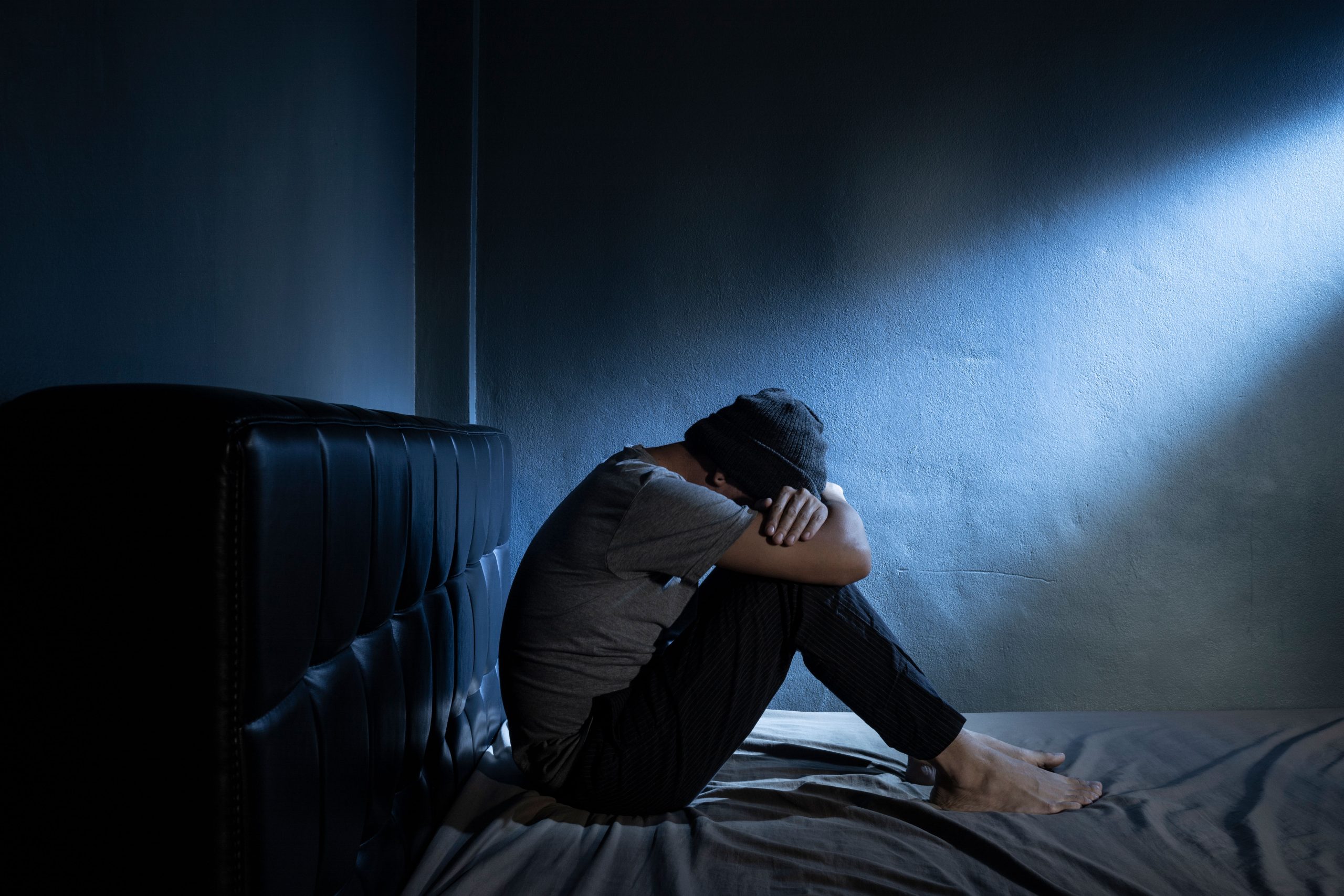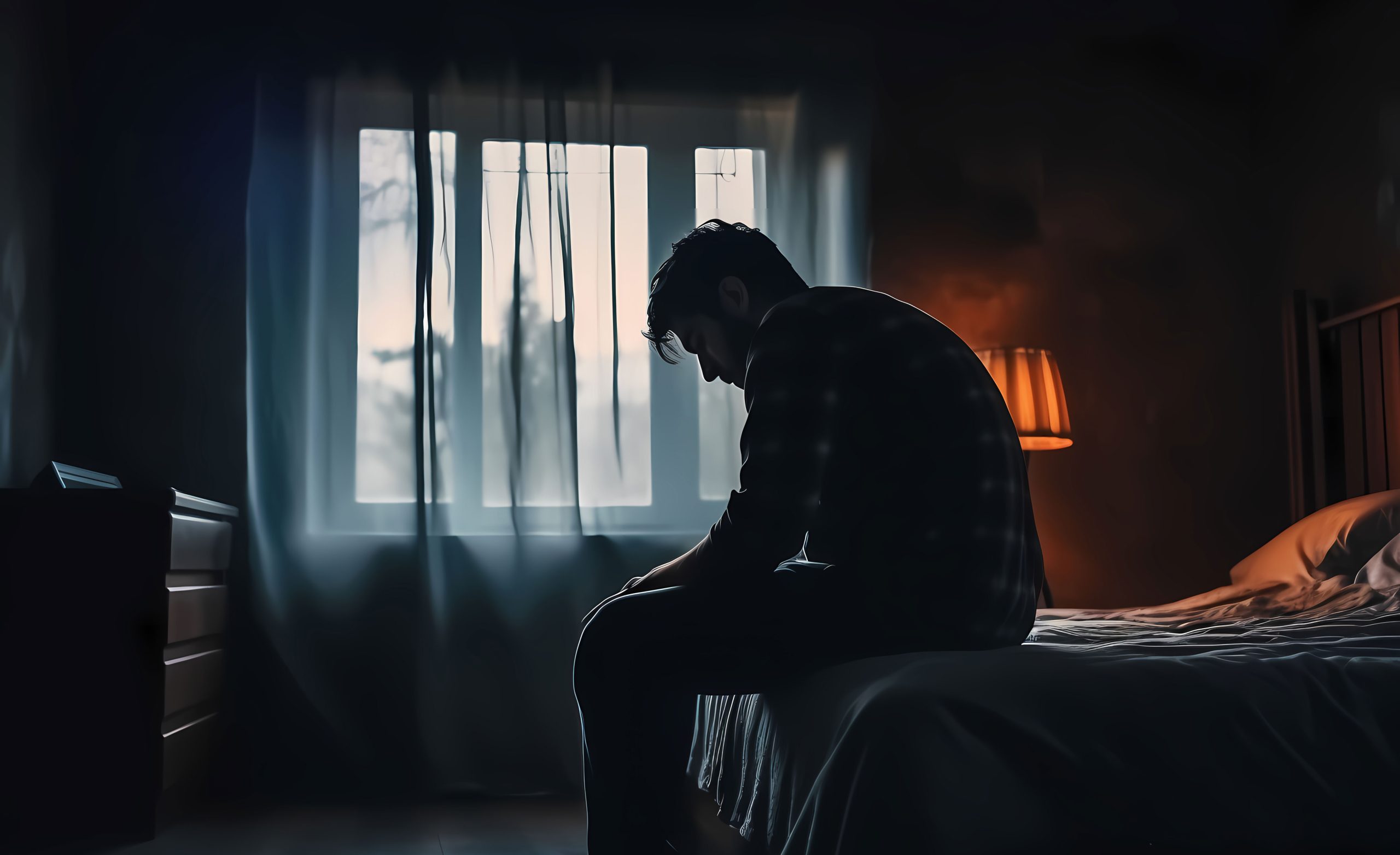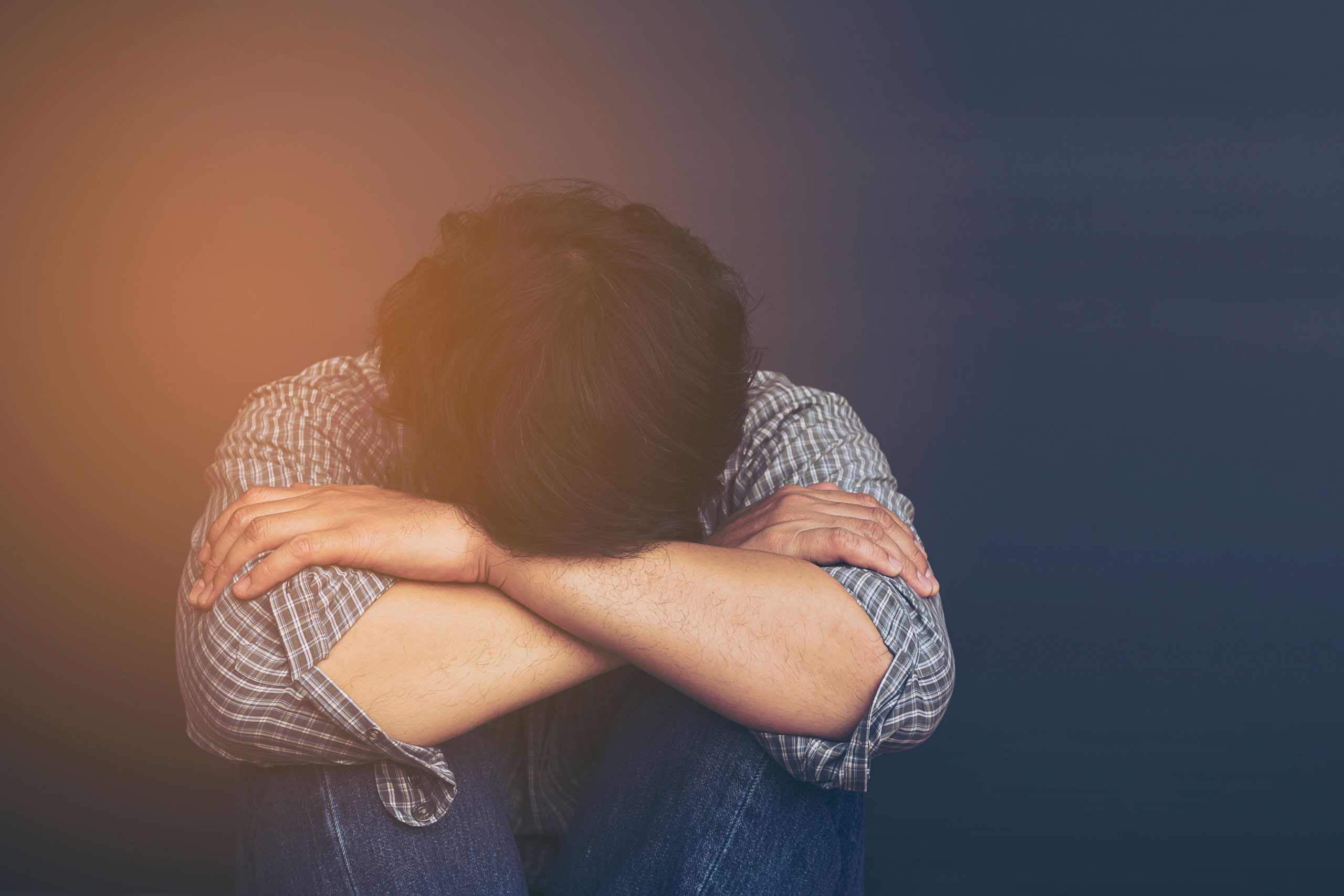Depression Treatment San Diego: Medications
A wide range of medications is now available to patients with depression. Among the frontrunners are SSRIs (Selective Serotonin Reuptake Inhibitors), whose main function is to balance serotonin levels in the brain.
Specialists also recommend SNRI (serotonin-norepinephrine reuptake Inhibitor) medications for severe forms of depression and anxiety disorders. The main function of SNRIs is to increase the serotonin and norepinephrine levels in the brain, which happens when the drug blocks or delays the reuptake.
Is Medication the Best Treatment for Depression?
Once you find out that you are clinically depressed, treatment is crucial especially when the condition has already put a dent on your relationships. It will also help if your depression has damaged your functioning at work, school, or household. Although the type of treatment to undergo depends on your personal choice, medication is often the initial recommendation. But is medication the best treatment for depression?
Our San Diego psychiatric care team has always been careful when it comes to treatment approach. First, our specialists assess patients thoroughly and check their medical history if needed. Tests and other procedures may be required for serious cases as this helps us decide what medications to prescribe.
Why Seeking a Specialist for Depression Treatment Is Important
Depression has many layers. As you focus on the signs, you may overlook other symptoms, which may be related to a co-occurring medical condition. It could be a physiological or another psychological problem.
As psychiatric care providers, our job is to look at the deeper layers. We help you understand your condition, where and how it started, what it is, and how it can be treated. The treatment process also does not end with the specialist giving you a prescription. While you can carry on without a regular check-up, you will soon find yourself struggling for the next steps – are there improvements? How do you deal with the side effects? Is the medication really working? When you are doing well, you also forget to check whether your medications are working or not or recognize the changes that have taken place since you first took an anti-depressant.
With regard to these issues, we can give you clarity on the effects of the medications that you are taking. If your body is not responding well to the medication, we can prescribe different medications as a treatment for depression or adjust the dosage as necessary.
Should Individuals with Depression Worry About the Stigma of Taking Medications?
Depression is real, and it’s affecting millions of people worldwide. But there are people who would rather wait in silence or forego medications for therapy because of the stigma or taking anti-depressants or any anti-psychotic drugs for that matter.
Usually, individuals with depression view it as a crutch that makes them look weak physically or mentally. Some of them convince themselves that they can recover on their own without any medications to help them cope. Others beg off medications because they do not believe in their efficacy.
Psychiatric care providers understand their sentiments and always respects their patients’ choice. Alternatively, our specialists recommend therapy or a holistic treatment program.




